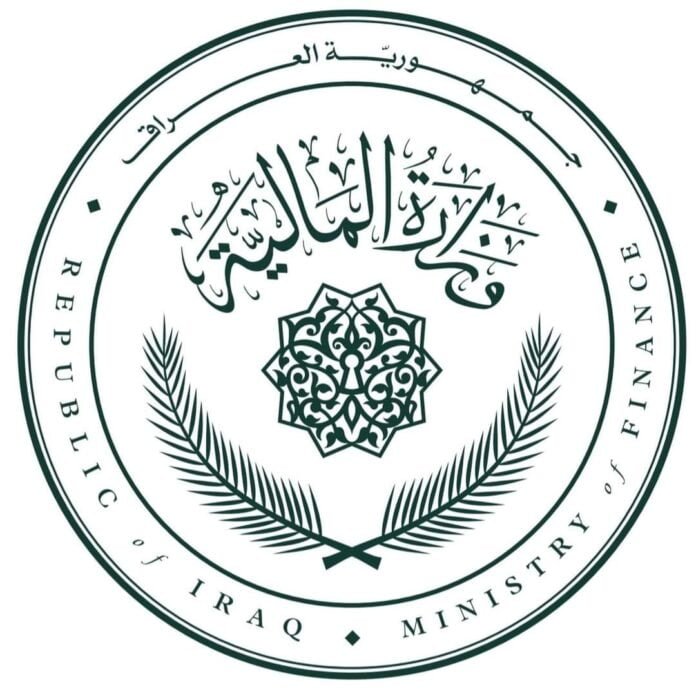On Monday, the Ministry of Finance announced that it had chosen Ernst & Young (EY), an international auditing firm, to review its data and explained the reasons behind the decision.
The Ministry has issued a statement in response to recent discussions on social media and news outlets regarding the selection of Ernst & Young (EY), an international auditing firm, to review its financial statements. The Ministry clarified that this is the first step towards evaluating and correcting its financial policy in line with the government’s reform program. EY is a renowned professional services company with over 700 locations in 150 countries. It was founded in 1903 and has been operating in Iraq for almost a century, since 1923.
During her statement, she mentioned that Ernst & Young had shown a strong commitment to Iraq by reopening its office in Baghdad in 2004. The Baghdad office collaborates with the global network of Ernst & Young offices worldwide. Additionally, in 2008, the company opened its offices in Erbil and Basra to serve the northern and southern regions of Iraq.
She highlighted that the Ministry of Finance has been collaborating with this company since 2004 on various projects, including the crucial project of settling Iraqi foreign debts. The company has also been working with several other ministries such as the Ministry of Oil, The Office of Financial Supervision, the Ministry of Construction and Housing, the Ministry of Planning, and the Media and Communications Authority. They have been auditing the Development Fund for Iraq and other financial institutions in Iraq, including the Central Bank of Iraq, for over 13 years. Additionally, the company has been auditing the financial statements of the Bank Al-Iraqi Trading Company for several years.
During her explanation, she mentioned that the company has been providing various ministries, governmental and financial institutions in Iraq with a large number of experts, specialists, consultants, and leading methodologies from different nationalities. These experts have contributed to the development of the competencies of government sector employees in Iraq. The company has been continuing this role since 2004 and has worked with Al-Rafidain and Al-Rashid banks, as well as the Central Bank of Iraq, on various projects. These projects include settling Iraqi foreign debts, supervising the implementation of the comprehensive banking system, auditing the work of electronic payment companies, analyzing the gaps in all operations of Al-Rafidain and Al-Rasheed banks, and auditing the data of Al-Rafidain and Al-Rashid banks for the years 2006 and 2014. The company has also been following International Accounting Standards (IFRS), which has helped increase its knowledge and understanding of the Iraqi financial and banking sector.
The Ministry stated that the company focused on developing banks by utilizing financial, human, and technical resources efficiently. They transitioned from paper-based work to electronic dealings for all banking activities. Additionally, they developed a comprehensive vision for banks to grant credit facilities and loans. The company also established work mechanisms and control tools, including censorship.





